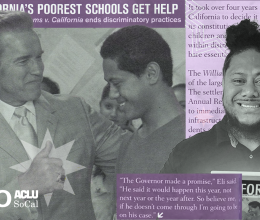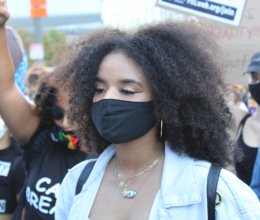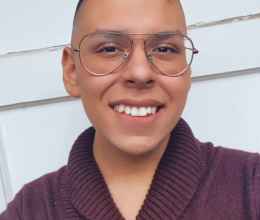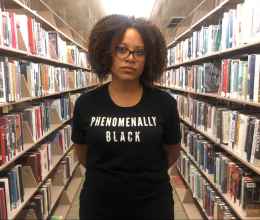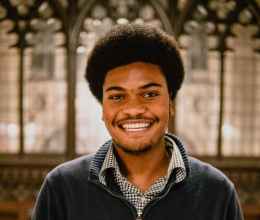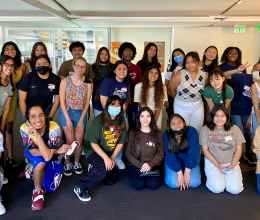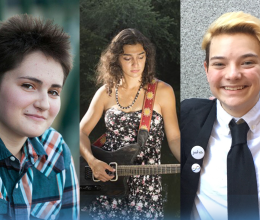
Today, the ACLU of Southern California, the California Women's Law Center, and the law firm of Kaye, Scholer, Fierman, Hays, and Handler announced the settlement of their federal class action lawsuit, Baca v. City of Los Angeles, a suit which has drawn national attention for highlighting the institutional inequities facing girls' sports and municipal recreation programs. The lawsuit alleged that the overwhelming majority of girls have no access to city-sponsored programs, services or facilities offered by their local parks and recreation facilities.
The settlement addresses two of the lawsuit's major claims. In response to the claim that members of the West Valley Girls Softball (WVGS) League had been denied equal and adequate access to playing fields, they have been given a long term lease to construct a new facility, built to their specifications, at Hughes Middle School in Woodland Hills. This facility represents the first time that the West Valley Girls Softball League will have the same access to its own "home" field as baseball little leagues have had for more than three decades.
"This historic settlement represents a milestone in gender equality, both for the West Valley Girls' Softball league and for community girls' sports programs nationwide," said ACLU-SC Staff Attorney Rocio Cordoba.(pictured speaking above with Paula Pearlman, David Berman, Sophie Fanelli, and Mark Rosenbaum in background) "The agreement will enable WVGS to develop a state-of-the-art field that will benefit its surrounding community while allowing the league, in its 30th year, to finally have a place to call home. These girls will, in essence, lay the groundwork for future generations of young women who will now enjoy the benefits of organized sports as have boys and young men traditionally and without question."
Paula Pearlman of the California Women's Law Center added, "This settlement is a powerful tool to begin to remedy the injustice done to countless girls in Los Angeles who have been denied equal access to participate in city-sponsored sports programs. We have also taken a giant step towards expanding the principles of gender equity to other public facilities and institutions."
Tuesday's action by the Los Angeles City Council follows their earlier adoption of the "Raise The Bar" program; a first step in ensuring that all girls in the city can fully participate in and enjoy a breadth of sports programs and activities.
The "Raise The Bar" program was proposed by the city following a lawsuit (Baca v. City of Los Angeles) filed by the ACLU-SC with co-counsel from the California Women's Law Center and the law firm of Kaye, Scholer, Fierman, Hays and Handler alleging that girls in Los Angeles did not have equal access to the many athletic and recreational programs, services and facilities sponsored by the city through its Department of Recreation and Parks. Plaintiffs in the lawsuit contended that the city had never adequately addressed the unequal and discriminatory treatment of girls who wanted to participate in city-sponsored sports and recreation programs or have equal access to city owned facilities.
"This settlement between the City of Los Angeles and the West Valley Girls Softball League means, in very real terms, that the West Valley Girls Softball League and the generation of young women they represent will finally have their day on a truly level playing field," said ACLU-SC Legal Director Mark Rosenbaum. "From now on, when umpires in Los Angeles say 'play ball,' it won't be just boys who will take to the field. The days of traveling girls teams in Los Angeles are over."
Jeff Gordon, a partner with the law firm of Kaye, Scholer, Fierman, Hays, and Handler, added, "This settlement marks another important step in achieving gender equity for girls in Los Angeles. With the amazing athletic achievements being made by professional athletes as their model, this agreement guarantees that girls in our city will enter the new millennium closer to achieving their true potential."
"In developing the Raise the Bar Program, we have designed a model gender equity program that can become a showpiece for the rest of the nation," said the CWLC's Pearlman. "We will closely monitor this program to see that it does not become a report on a shelf, but truly translates into exciting programs and activities for girls throughout Los Angeles."
